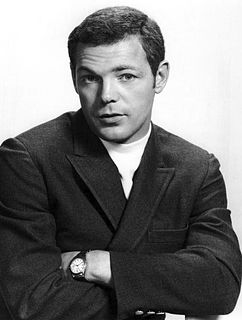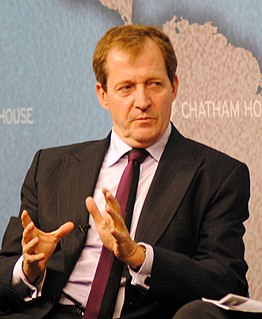A Quote by Benjamin Graham
The intelligent investor gets interested in big growth stocks not when they are at their most popular - but when something goes wrong.
Related Quotes
When I stand on my special-issue "Intelligent Investor" ladder and peer out over the frenzied crowd, I see very few others doing the same. Many stocks remain overvalued, and speculative excess - both on the upside and on the downside - is embedded in the frenzy around stocks of all stripes. And yes, I am talking about March 2001, not March 2000.
Brand-name growth stocks ordinarily command the highest p/e ratios. Rising prices beget attention, and vice versa - but only to a point. Eventually their growth rate can diminish as results revert towards normal. Maybe not in all cases, but often enough to make a long-term bet. Bottom line: I wouldn't want to get caught in a rush for the exit, much less get left behind. Only when big growth stocks fall into the dumper from time to time am I inclined to pick them up - and even then, only in moderation.
Clinton is a big personality who has led a big life, and for some of the media conventional wisdom to boil it down to a view that 'all people are really interested in' are a few moments of madness in the Oval Office gets him, the importance of the presidency, and the significance of his life, all wrong.

































